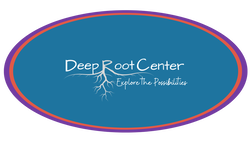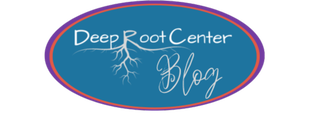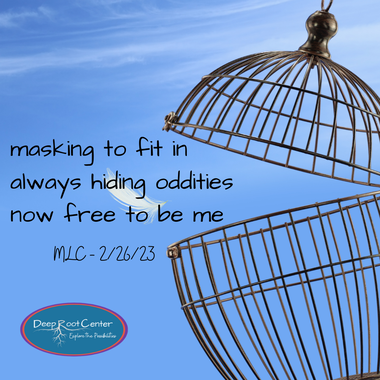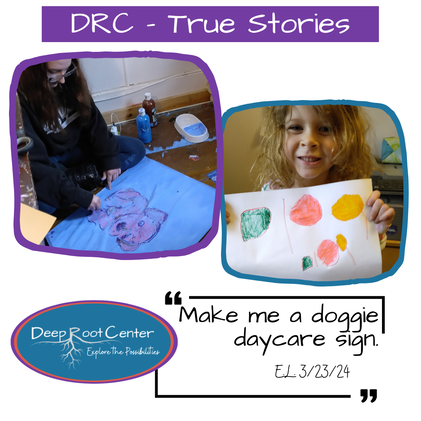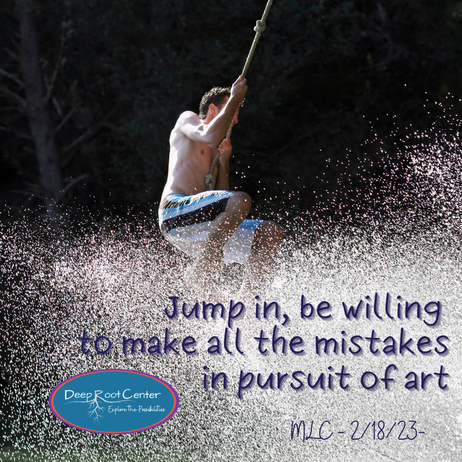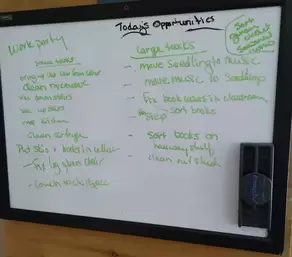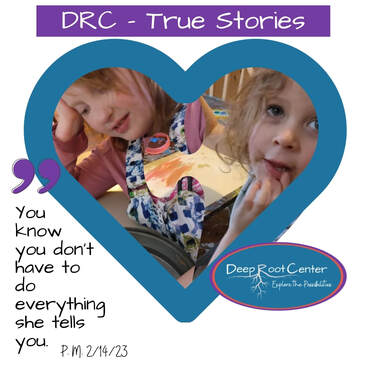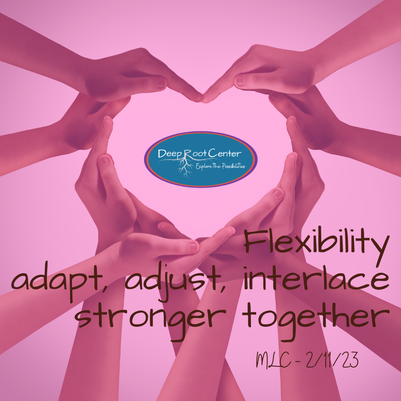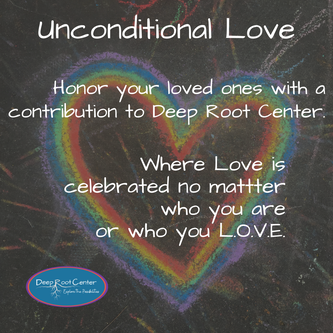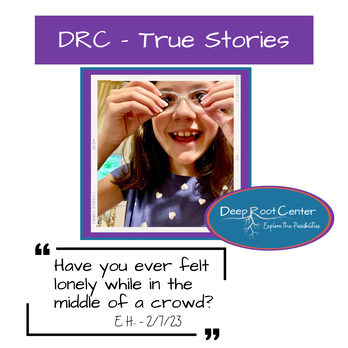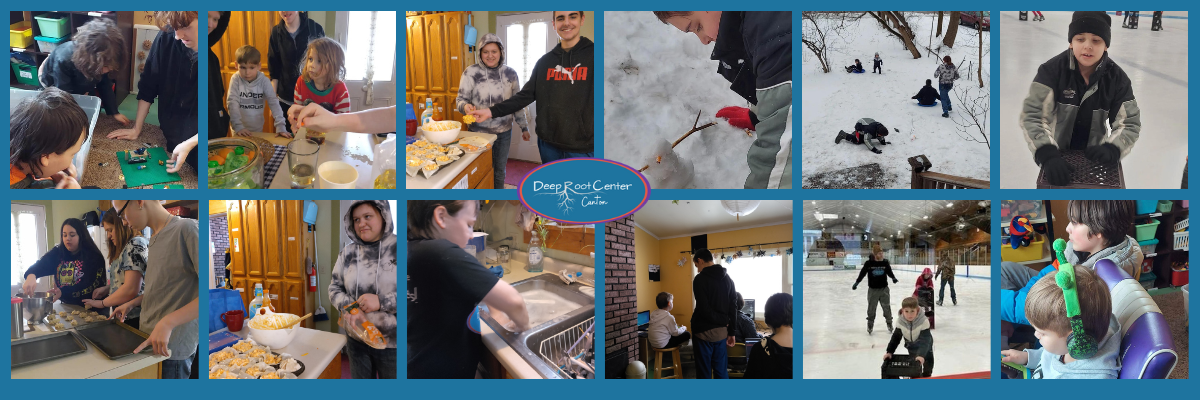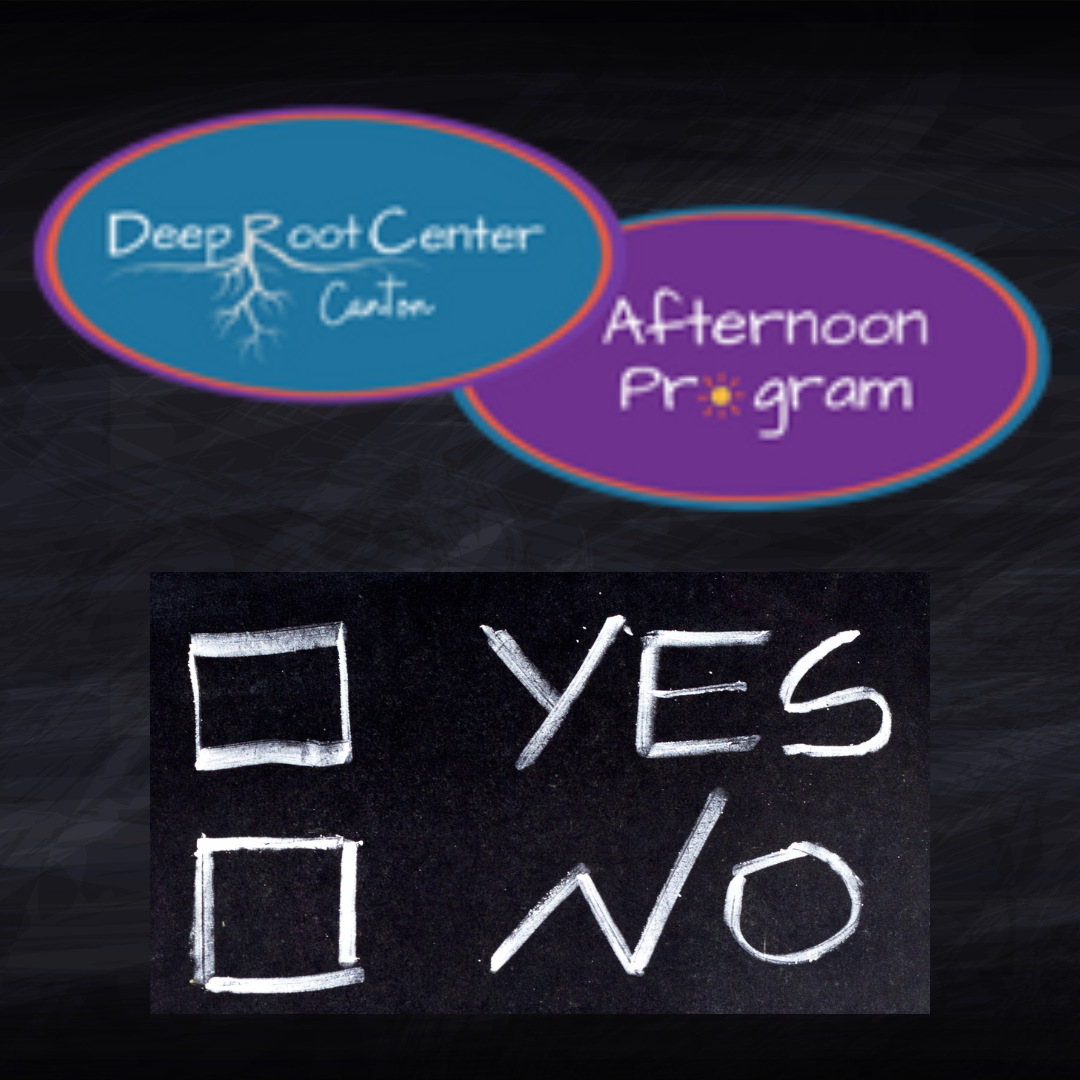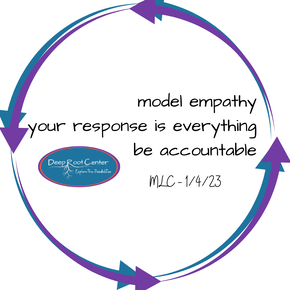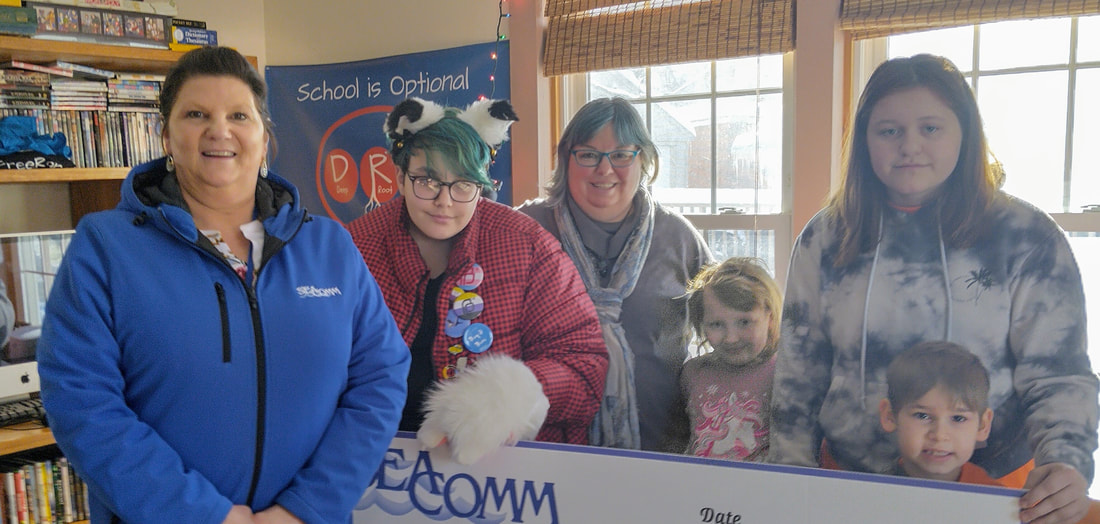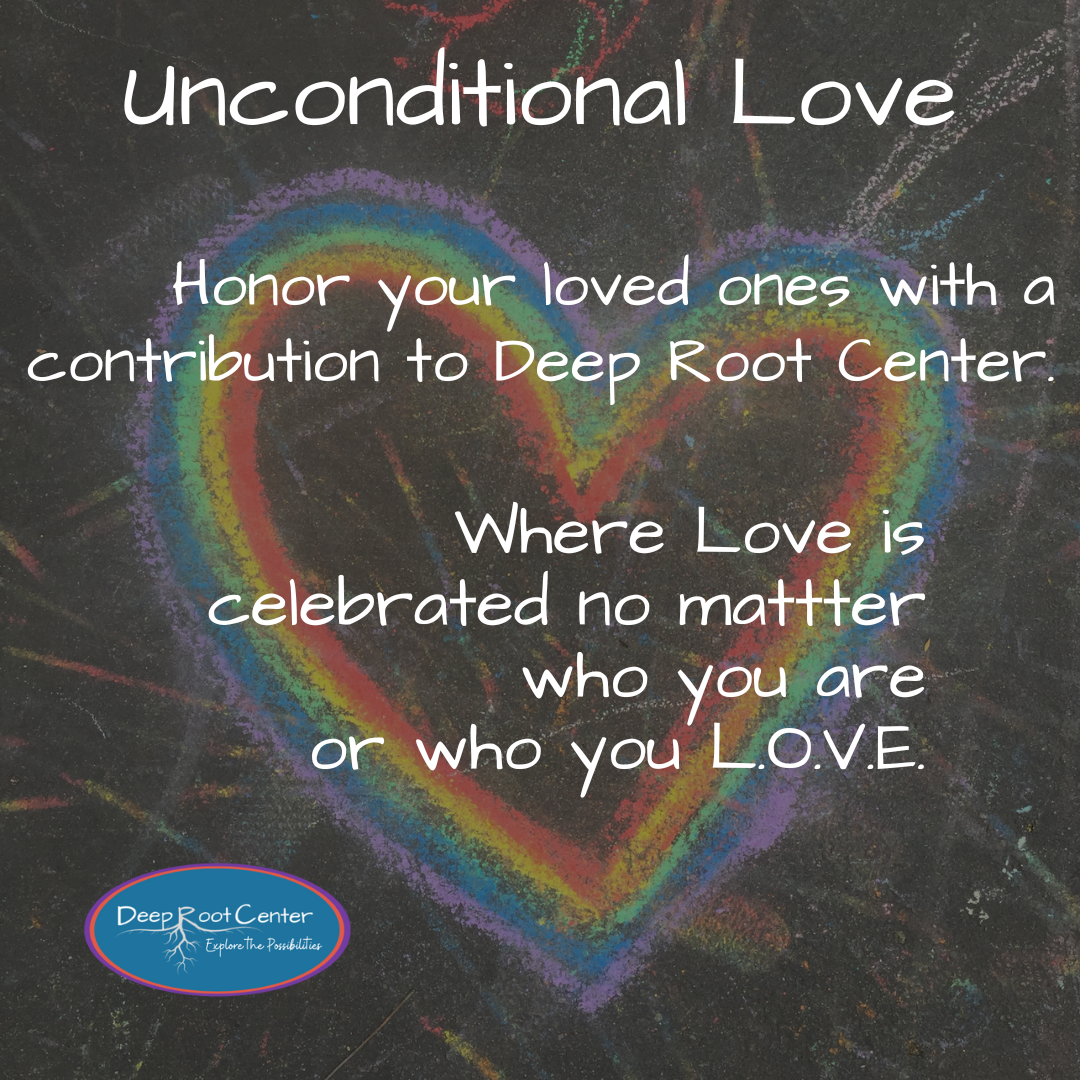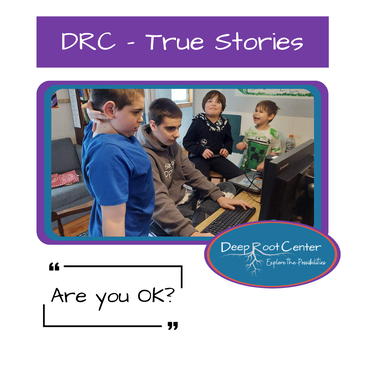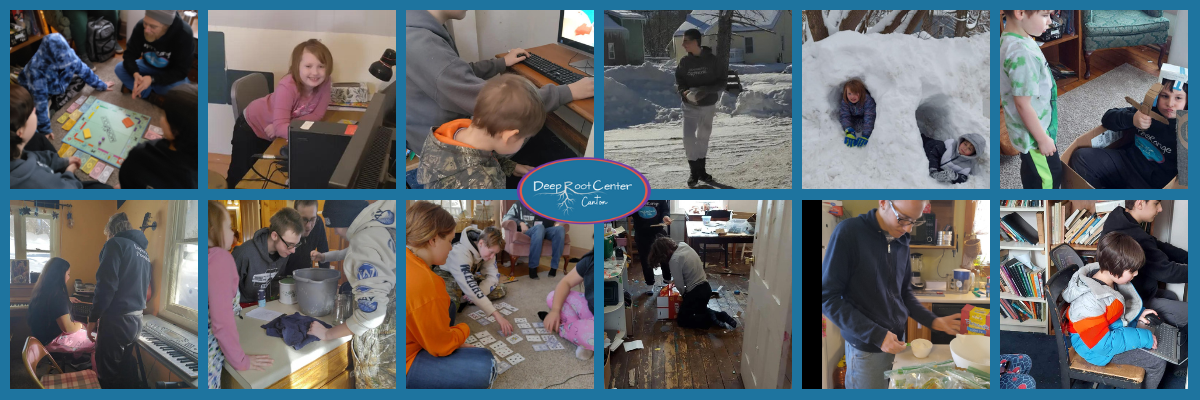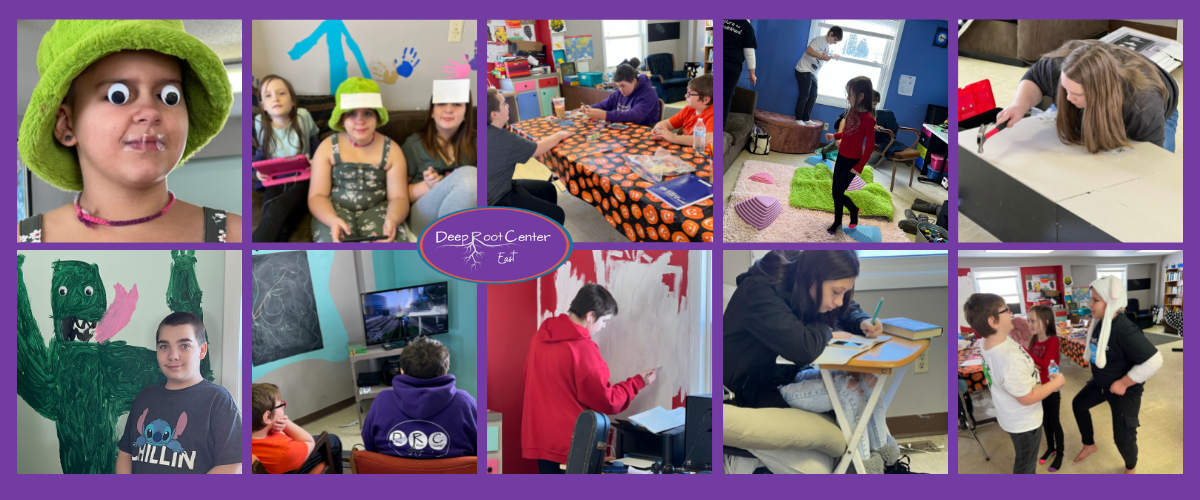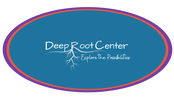|
I was sitting here on a day off, staring into space, thinking about at least ten ideas for blogs and social media posts over a half hour. Then when I took out a piece of paper to make a list of all those ideas, they vanished - poof into thin air - I couldn't remember a single one. Conveniently my inability to hold anything in my brain for longer than a nano-second is now the inspiration for this post. Until June of last year, I would beat myself up when any of the six million traits related to ASD and ADHD disrupted my day, and my honest intentions of behaving "normally," not melting down internally, and not losing an entire day to time sucks. The clues were all there my entire life - the sensitivities that overwhelm me and send me over the edge - sounds, tastes, smells (all of them), the feeling of bunched or ill-fitting clothing and socks or hair in my eyes, clipping my fingernails (OK, that is a weird one), heat or cold, disorder and visual messiness, lists of information or instructions, too many texts or emails coming in at once, anything that has a hint of suspense (I always read the end of a book first to make sure everything turns out OK), not to mention socializing and "reading" a room and feeling all of the emotions - being around people is too much, in general. Yes, the list is endless. Masking the desire to crawl out of my skin or under a table to hide - every damn time I experience sensory overload is utterly exhausting, as is unconsciously turning on the mental "don't do weird sh*t" switch whenever I have to interact or be in public. When I figured out (finally clued in) that I am neurodivergent during last year's Liberated Learners Conference, I no longer felt like I was the crazy weirdo who never fit in. In one neatly wrapped package, it explained everything I had struggled with for 57 years and tried to hide from the world. Now that I know, I am much more aware of how profoundly my neurodivergence has affected my behavior and life choices. I can (mostly) embrace all the quirks as uniquely mine and avoid or find new ways to deal with the sensitivities that would normally shut me down. I can now intentionally use those traits that were once a burden - that I felt I needed to keep hidden, as hacks to capitalize on my creativity and unique talents. And, I realized a few days ago that the switch I used to unconsciously turn on is now very deliberate - and it is no longer about masking my weird sh*t but maximizing positive and vital connections with people. We are each unique individuals navigating through our lives - with distinctive hacks and tools that work for us - devised from experience - whether we identify as neurodivergent or not. Additionally, accommodations and accessibility aids (every one of them) should be normalized and readily available for anyone who needs or wants them. No one should have to fight and wait years to get them. My point is that our society tends to pathologize anything that isn't "normal," turning it into something weird that needs to be fixed. I am here to say none of us is broken - only different, which can only be good. Diversity is the thread woven into the fibers of society designed to keep us strong, resilient, and connected to one another. Because those relationships are what bring out the best in each of us. Weekly Creative Meditation DRC News No photo galleries from this past week. We have been on break but will be returning tomorrow. This quote is from a while ago. I am pulling it out now because it highlights what we mean when we say "free range learning" (and we are on break, so I don't have any fresh quotes). Kids are "doing" all the "things" all the time innately while they follow their interests. This kiddo happens to be passionate about role playing. It is unnatural to separate math from science from social studies, etc. As adults we don't do that - so why should we force our kids too?
0 Comments
Time and again, I am struck by how incalculably stupid (yes, I said that word --- the one a five-year-old once told me I should never say) we are as a society. Anything that requires thinking outside the box and flexibility (an open mind and the ability to pivot instantly) is immediately assessed as risky. As is any new idea - that doesn't look "normal" or "mainstream." The number people (bankers, insurance folks, and accountants), middle managers, and the folks who make up administrative policy are infamously risk-averse. Bring something fresh and new to these folks and watch their brains explode while excuses fly. "But we've always done it like this." "I am just doing my job." Or the old standard, "We have never done that before." We are so inured in risk avoidance that even the dictionary defines risk as something to avoid: a situation involving exposure to danger: the possibility that something unpleasant or unwelcome will happen: and the possibility of financial loss. Nonetheless, follow my thinking here - without risk, there is no learning or growth, which means a zero chance for a diverse and equitable society. I certainly don't want unimaginative hacks making decisions about my future. We could argue that resistance to risk and change is what should be classified as dangerous. Maybe even go so far as to proclaim that we will not survive as a species for much longer without taking all the risks involved in following the streams of brilliant creativity that are shot down every day. Positive change and forward motion require us to envision all the possibilities, work together to embrace the unknown, get imaginative, generate new ideas, jump in, make mistakes and adjust (or scrap and redo) as needed, and stun the world with what we can accomplish - all by simply exploring the artistry inside each risk - one at a time. Weekly Creative Meditation DRC News
This is a direct quote from the 7-year-old, explaining to the new 11-year-old, that she didn't have to follow everything the 5-year-old told her to do while playing dolls in the Seedlings Room. This is just one more example of kids playing freely in a multi-age setting on their own without direct adult intervention or direction - taking care of each other naturally. No-ones feelings were hurt. The 5-year-old peanut understood that she couldn't be a bossy pants (in this instance), the 7-year-old (who for the record, can be bit bossy herself) said it without malice or ill intent, and the 11-year-old was forewarned and willing to stand up for herself. Both Centers are closed this coming week for mid winter Break. Here a few scenes from this past week:
Deep Root Center is founded on the belief that all young people deserve a safe, educational environment where they feel like they are part of a community. And where they are free to explore all the possibilities. Learning can only happen when kids intuitively understand that they are secure, accepted, and trusted to make decisions, make mistakes, and explore all their interests to achieve their ever-evolving aspirations.
When this mission statement was first articulated, I didn't quite realize how antithetical it is to what most of our kids experience in their school life. I talk to dozens of young people and their families every year. The piece consistent across the board is the trauma these kids have experienced in school. In most cases, it is because the authorities in the school environment are not given enough freedom within the structure of the overarching curriculum and rules to be flexible and understand that one size does not fit all. Kids are not standardized, and neither should their educational experience. Now - why I cried (again) this week. As mentioned, I speak to a ton of kids every year. I write all of the NYS-required documentation for kids who come to the Centers and for those whom I consult with. To do that, I need to have an in-depth conversation with each child. For everyone who does not come to the Canton center, they are via phone call. This past Tuesday afternoon, I was curled up in my cozy chair at home talking to a very cool and sweet 12-year-old who was joining our DRC East crew. His mother had explained earlier that he had recently been diagnosed with low-needs autism and had fairly severe anxiety and depression. This year he was punished with in-school suspension - and expulsion, too many times to count. The school authorities did not know how to interact with him (within their framework) and ended up escalating every interaction to the point where he was overwhelmed, frustrated, and became "violent." This kid was extremely articulate - he knew what he wanted to explore for each subject. He was engaged and super happy to be switching to DRC. The conversation was natural and free-flowing and went longer than most. As I was winding things up, I asked, per usual, "is there anything else I should add to your plan?" Que the heartbreak... he whispered, "can you put in there that I just want to make friends?" I mean, &*#@, how do I respond to that question? Through the ginormous lump in my throat and tears streaming down my face, I barely spit out - "oh, buddy, I don't think you are going to have to look very hard to find friends at DRC. The kids are really going to like you." For some reason this kid really got to me. The remainder of the week emotions lurked just below the surface. On Friday, I sat in the office with another teen in personal crisis - that extended conversation ended with a mutually needed long hug and more tears. The DRC mission is lived every single day in every single way. Most importantly, our kiddos quickly comprehend that they are each a valuable and unique component of the whole. Their differences are what make the community strong, and together, they are pure awesomeness.
Weekly Creative Meditation
DRC News
DRC True-Story - fifth in the series
A few weeks ago we instituted a "tip jar" in the "chill space." Kids can add suggestions and ideas, at any time, and when I see a note inside the jar, I pull it out and read it to the group during our daily morning check-in. The quote from today's DRC True Story was inside the tip jar on Tuesday. The 11 year old who put it in volunteered a story about a time in her life when she felt that way every day. From there a five minute conversation ensued - with several of us adding tidbits of our own experiences. I hope her willingness to share something so real, raw, and poignant with the group will instigate more philosophical questions inside the tip jar that get us all thinking and connecting on a deeper level.
It was a happening week at both Centers this past week.
Sh*t happens. In my experience, it often hits with no provocation or even explanation. In many cases, we simply happen to be in the way - literal innocent bystanders covered from head to toe in splash-back. Other times, no matter how hard we try to avoid (escape from) drama, it finds us and pulls us dead center into the stinking heap of someone else's histrionics.
Unfortunately, I have found myself in both scenarios over the past few weeks - trapped and covered in other people's cr*p. It does not matter that I was not responsible for any of the circumstances. I dealt with it all professionally and calmly (hopefully, no one could see or hear my thumping heartbeat and splitting headache), with an extra large portion of empathy and kindness. Did I keep all the raging tantrums internalized and hide my desire to throw up my hands in utter despair? Did I feel like my head and heart were going to explode? And was my smile pasted on the entire time? You betcha! I can assure you I went through all of that and more. But in the end, I know my integrity and reputation will always rely on my thoughtful, compassionate response more than anything else. If I pitched fits, accused, retaliated, and smeared the person responsible for each situation or even took a stance of the victim, I would not be farther ahead, and no one would be served. No matter how you find yourself in unsavory circumstances, you are fully accountable for your response - and it is what will be remembered by you and others. Time reveals true character - good, bad, and ugly. Patience, as they say, is a virtue. Weekly Creative Meditation
DRC News
* To learn more about supporting DRC through our Sponsorship Program please get in touch.
The fourth DRC - True Story in the series. This quote can't be attributed to any one child. I hear, "are you OK?," asked several times a day. It is older kids asking younger kids, but it is also the five or six year olds checking in on the teens.
When people ask, "how is it possible to integrate 5-19 year olds in one space?" I am able to pull upon millions of examples. DRC creates a family like atmosphere. There is no hierarchy - everyone takes care of each other. And - "are you OK" - is just one of the many ways they do that every day.
And as you can see, the kiddos at both Centers are happily cruising along - connecting with each other through their individual interests.
|
|
© 2024 Whole Learners, Inc. 501(c)3
Deep Root Center
48 Riverside Drive, Canton, NY 13617
315*323*1435/[email protected]
Deep Root Center
48 Riverside Drive, Canton, NY 13617
315*323*1435/[email protected]
